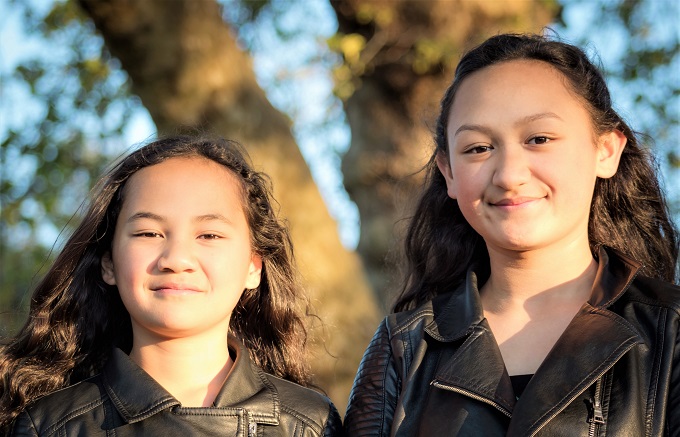
© Molly - stock.adobe.com
<h2>New Zealand did something game changing this year: it told the classic, money-focussed national budget to go take a hike and presented its first ever <em>Wellbeing Budget</em> instead.</h2>
<h3><strong>Bold move, bolder consequences</strong></h3>
<p><a href="https://issuu.com/multimediaau/docs/snnz46-term-3-2019" target="_blank">The Term 3 issue of School News is out now! Pick up your staff room copy or read it online here. </a></p>
<p>While ever-so-slightly overshadowed by the mega-strike in media coverage of the education sector this term, the <em>Wellbeing Budget</em> hit a nerve that schools have been tackling for years. Student and teacher wellbeing has been collapsing under duress from workload, mental health crises, financial stress and slew of other pressures both internal and external. A huge emphasis of the teacher strike was a communally-felt need to improve teacher wellbeing and schools have been trialling all manner of programs to combat bullying and sky-high rates of teen suicide.</p>
<p> Christopher Boyce, a research fellow at the Behavioural Science Centre, University of Stirling, wrote about the new budget in collaboration with <em>The Conversation</em> and the <em>World Economic Forum. </em>He said the shift is both logically sound and culturally unprecedented.</p>
<p>“Decades of research into happiness and well-being have shown us that the key determinants of wellbeing are the quality of our relationships, mental and physical health, our capacity to meet basic needs, social and emotional skills, having a purpose in life, and stability. More money, beyond the point of meeting basic needs, rarely brings that much extra happiness. Yet it is economic growth that nearly always takes policy precedence.”</p>
<p><strong>Will the <em>Wellbeing Budget</em> help schools?</strong></p>
<p>Fundamentally, shifting the focus from immediate cashflow to long-term wellbeing in New Zealand should benefit our school system if the budget lives up to its premise. Investing in people, rather than funding cuts, would have a huge impact on teachers and students. We are starting to see some of this potential, beyond the apparent success of the teacher strike, already. The <em>Wellbeing Budget</em> has allocated a record $1.9 billion for mental health initiatives, claiming it is “taking mental health seriously” with a “special focus on under-24-year-olds”.</p>
<p>As Victoria University of Wellington clinical psychologist Dougal Sutherland explained in his <em>The Conversation</em> op-ed: “This includes a new frontline service for mental health, with a $455 million programme and a goal of reaching 325,000 people by 2024. The package also includes a $40 million boost to suicide prevention services and extra nurses in schools to reach 5,600 more secondary students.” He praised the injection of more nurses into the school system, citing the shortage of incoming clinical psychologists. “Innovative initiatives will need to be considered, including e-therapies and prevention programmes targeted at children and teens.”</p>
<p><strong>Changing the climate conversation</strong></p>
<p>Climate change is a massive stressor for young people. Not only will they experience far more extreme consequences of climate change than we are faced with today; but, they are also more likely to work in sustainability-focussed industries than generations before them. Industries that do not exist yet – or are still in their infancy &#8211; because our economy <em>still</em> relies on fossil fuel. By creating a budget that seeks to <em>transform</em> the economy into a “low-emissions economy” rather than simply continuing to drain the well dry in the short-term, our government may actually foster an environment in which students can feel more secure and confident about their future careers.</p>

Professional learning and development (PLD) for teachers needs to be higher impact for teachers and…
Students displayed increasing AI literacy when explicitly asked to engage with the technology for their…
A new Government collective offer will be voted on by members of NZEI Te Riu…
New Zealand’s education system is a canvas of opportunity to inspire and empower every child.…
When done well, a wellbeing challenge can build habits that support wellbeing for life—and lays…
Te Akatea Inc., the National Māori Principals’ Association has released a discussion paper reflecting on…
This website uses cookies.